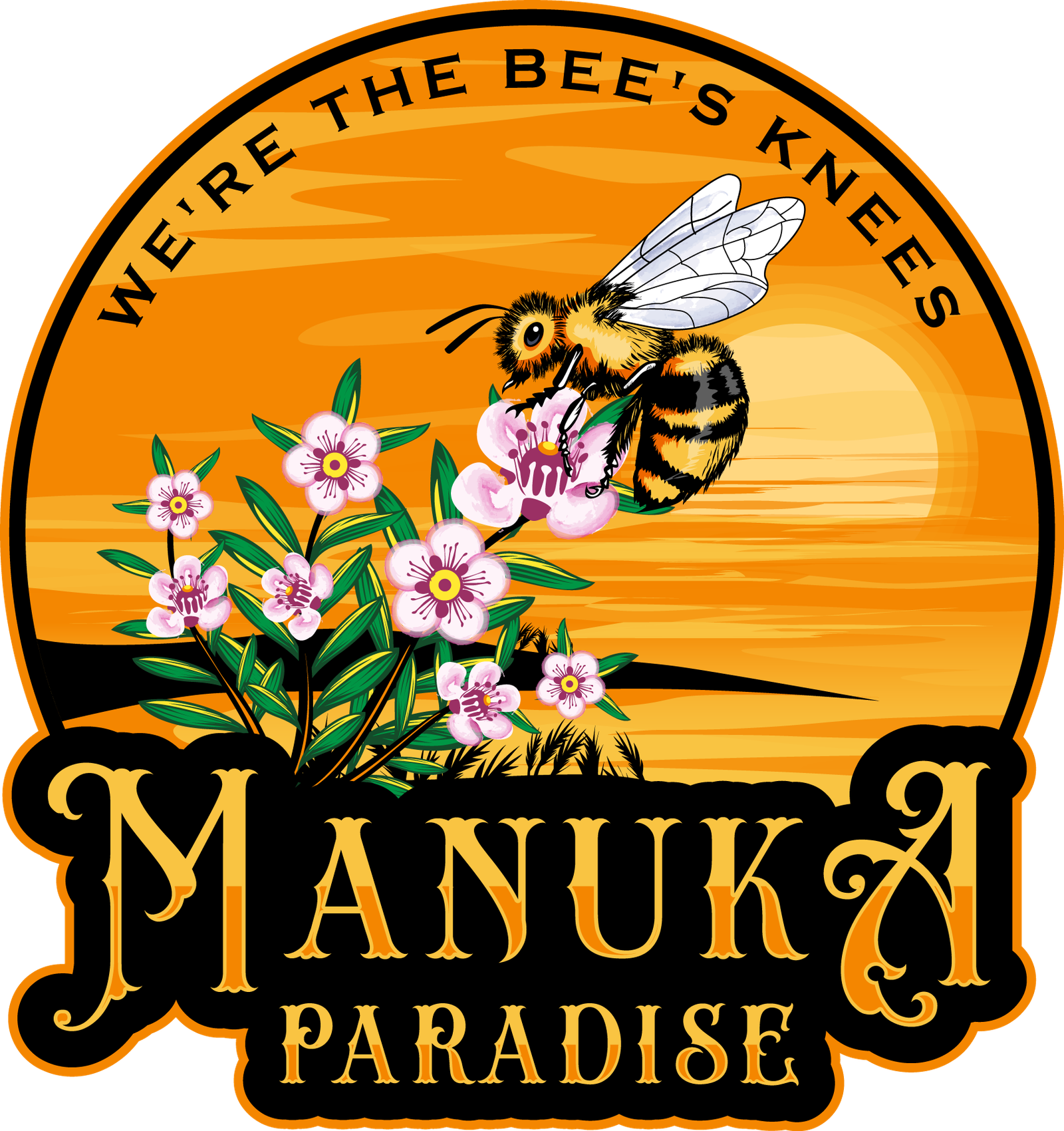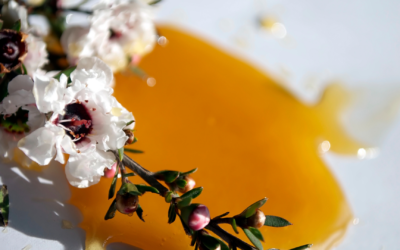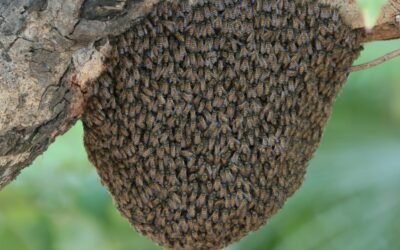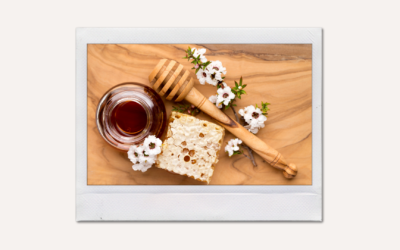When Can Babies Consume Honey?
Honey is a deliciously sweet product that some parents may be excited to introduce to their children. However, at what age should they feed their children with honey? Read on to find out the age that children can eat honey, the benefits of consuming honey, and the dangers of feeding honey to babies.
Risks
Babies under the age of one should never be fed honey, and babies that are less than six months old are at the highest risks of developing a chronic condition called botulism. A baby can develop botulism via consumption of Clostridium botulinum spores found in soil, honey, and honey products. These spores transform into bacteria in the intestines and form harmful neurotoxins in the body.
Botulism is a chronic condition that causes about 70% of all babies with botulism to be in mechanical ventilation for 44 days. The babies with botulism may experience symptoms such as muscle weakness, floppiness, constipation, lethargy, breathing difficulties, and a weak cry. These symptoms normally show up within 12 to 36 hours of consuming contaminated food and often begin with constipation. However, some babies may not show symptoms of developing this condition until 14 days after exposure. Some other liquid sweeteners such as molasses and corn syrup may also contain risk for botulism. Should your baby show any of these symptoms and have eaten honey or the above mentioned, do not hesitate to send your child to the emergency ward.
Benefits
Your child can eat honey when they turn one year old because their digestive system is then able to process the bacteria, however it is safer to introduce them to honey when they turn two. Let us look at the benefits of honey for children.
Promotes health of the digestive system
Honey helps to clear blockages and promotes bowel movement. It also relieves indigestion, constipation, and bloating. You can create a concoction to help your child if he/she has stomach issues. The recipe is as follows:
- Make a cup of black tea
- Add a few drops of freshly squeezed ginger juice
- Add in a teaspoon of honey and stir the drink
- Drink twice a day for maximum effectiveness
Boosts energy
Honey consists of three types of sugar: sucrose, glucose, and fructose. Fructose is not digested as easily as the other sugars and hence provides fuel for your child over a longer period of time. Honey is also a rich source of carbohydrates, containing 17 grams per tablespoon and giving your child energy to power the brain and the body.
Heals wounds
Honey has antibacterial and antiseptic properties which help to prevent bacterial growth in wounds, cuts, and abrasions. They are also thick and viscous which help to form a protective layer between the wound and the external environment to prevent microbes or bacteria from entering the wound.
Soothes coughs and sore throats
Honey is a demulcent that forms a film over a mucous membrane, soothing it and removing the inflammation and the irritant that causes the cough reflex. It is said that for children or adults who are more than one-year old, a spoonful of honey is more effective at soothing cough than over-the-counter medicine.
How to introduce honey
You could add small amounts of honey into your baby’s food and wait for four days to see if there is an adverse reaction before adding it in another new food. As honey is a versatile item, you may add it into a range of food items such as yoghurt, oatmeal, toast, pancakes, waffles, and smoothies, etc. you may also use alternative sweeteners such as agave nectar and maple syrup to avoid the risk of botulism.
Honey in baking
Children love to eat muffins and cupcakes, and using honey is a much better alternative for sweetening as compared to artificial sugar. Here are some tips to watch out for when replacing sugar with honey. Honey is denser in flavour than sugar, hence you should not swap out sugar for honey in a 1-to-1 ratio. Rather, for every 1 cup of sugar in a recipe, use only ½ to 2/3 cups of honey. In addition, for every 1 cup of honey that you are using, reduce the other liquids by ¼ cup. Add a ¼ teaspoon of baking soda for every cup of honey added to neutralize the acidity of the honey. Lower your oven temperature by 3.89 degrees to avoid overcooking your bakes.
Conclusion
Honey is indeed suitable for kids more than one or two years old but it must be avoided for those below one year old. Other than that, honey is beneficial for children as it contains minerals that are beneficial for health and are great to be used in food. Choose our manuka honey over regular honey for the higher concentration of antibacterial properties. Our manuka honey is produced straight from the fields of New Zealand, which means that quality is ensured.



